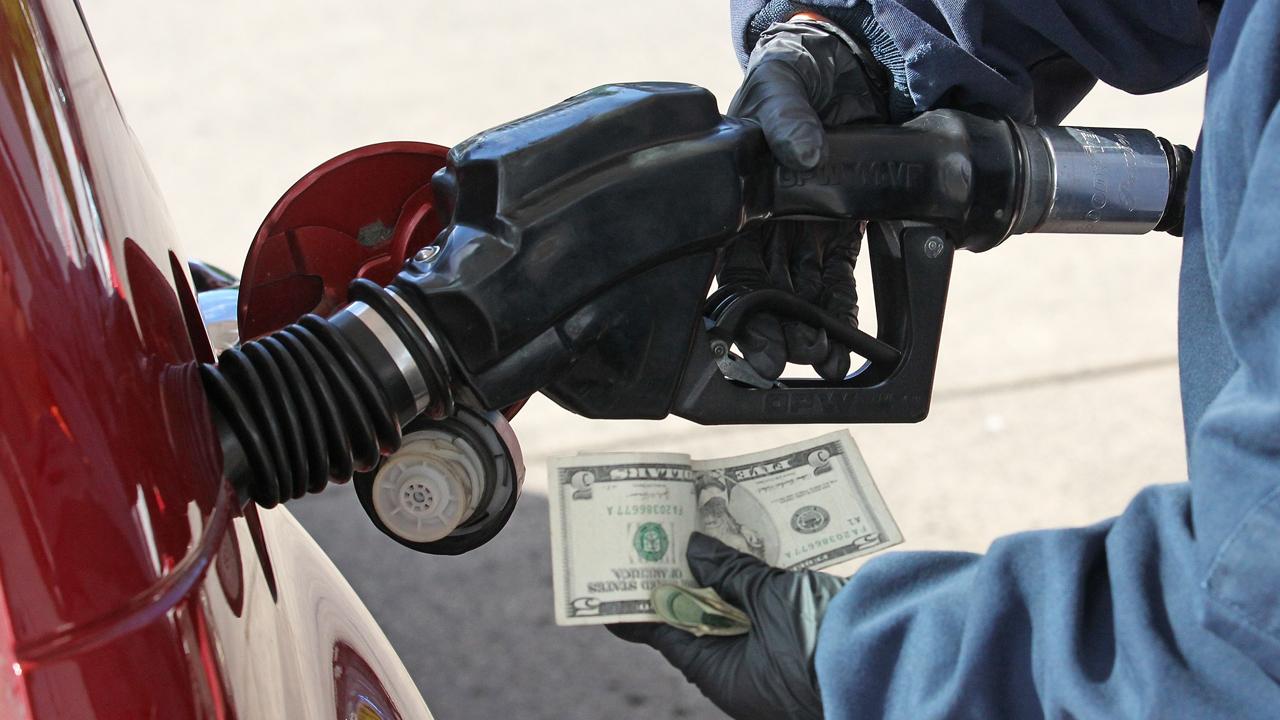Why Republican support of gas tax hike is unlikely to affect 2018 elections
President Trump reportedly supports a 25-cent-per-gallon gas tax hike, but is struggling to find solidarity among tax-averse Republicans who worry that raising taxes could cost them the House in the impending midterm elections.
But Bill Sandbrook, the CEO of U.S. Concrete, said the GOP shouldn’t be “deathly afraid" about losing elections because of the tax: In 2016, New Jersey passed a significant increase to its gas tax, and every legislator who voted for it and ran for re-election that year won the race.
“Everyone knows the needs,” Sandbrook told FOX Business’ Cheryl Casone during “Countdown to the Closing Bell.” “You drive on our highways, you fly into our airports, you drive across the bridges.”
States, however, would not uniformly feel the tax increase, according to a new analysis from Freedom Partners, a non-profit organization that’s largely backed by billionaires Charles and David Koch.
Drivers in California, Texas, Florida, Pennsylvania and New York would pay the most in gasoline taxes, with the total state and federal tax liability in the Golden State surging to about $14.2 billion. The amount in Texas would amount to more than $8.7 billion, while Floridians would pay about $7.2 billion.
The federal fuel tax, at 18.4 cents per gallon, hasn’t been raised since 1994 and has not kept pace with inflation. If approved, it would likely go toward funding the Trump administration’s sprawling infrastructure plan, which calls for $1.5 trillion in spending over the course of a decade and relies heavily on states to attract outside private investment to fund major projects.
The problem, Sandbrook said, is how to fund the plan: The government can prioritize the budget and funnel other funds toward infrastructure, or find a way to generate new finances. He pointed to the gas tax increase as a simple solution to fund a plan that most Americans want.
During the 2017 elections, seven states increased their own gas tax, while there were 215 ballot measures in November about increasing infrastructure spending. Of those proposals, 176 – or 82% – passed, he said.
“Americans will support user fees if they understand and have transparency into where their dollars go,” Sandbrook said.




















